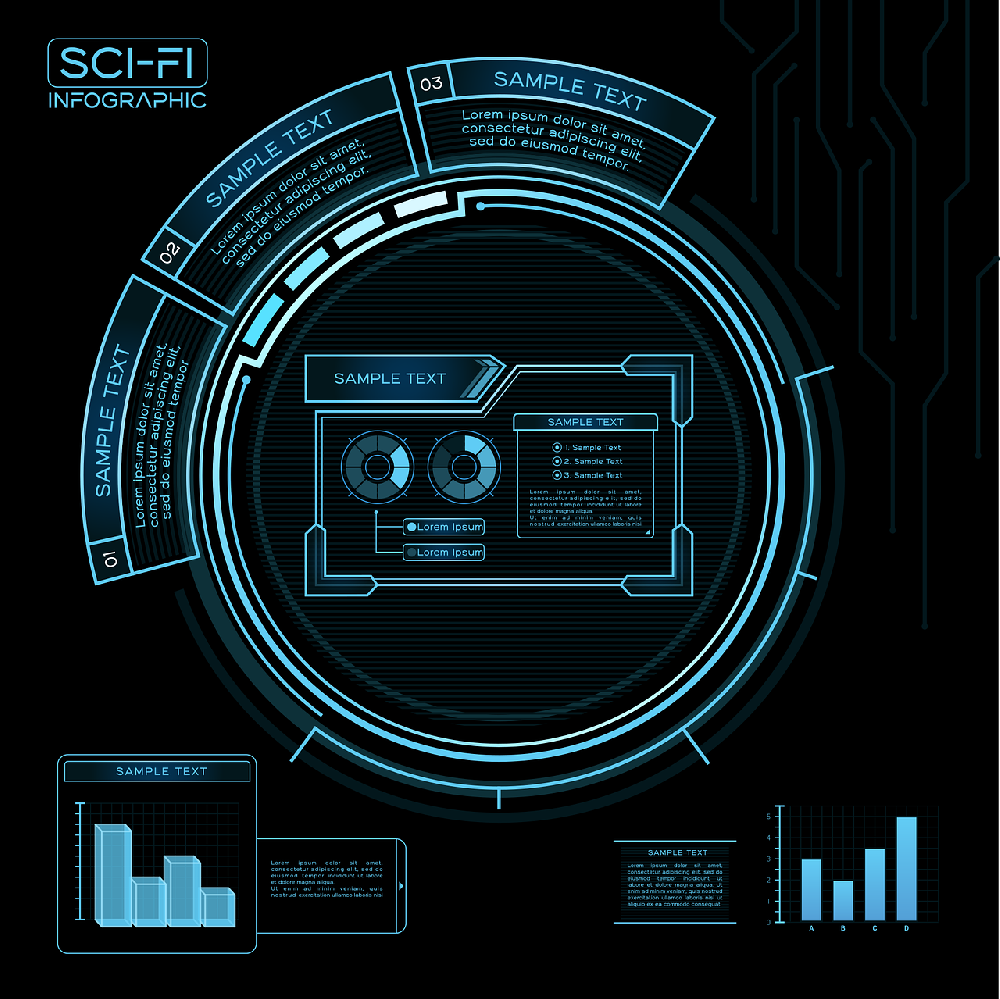The essence of modern software development transcends code and functionality; it is now fundamentally intertwined with the strategic application of data. By harnessing data effectively, software developers and companies are unlocking new frontiers of efficiency, innovation, and personalization. This exploration seeks to shed light on the transformative strategies that data infuses into the lifeblood of software development. At the heart of this transformation is the aggregation and analysis of user data. This process is instrumental in discerning patterns, behaviors, and preferences, which in turn fuel the creation of more refined and need-tailored software solutions. The predictive nature of analytics empowers developers to anticipate user requirements, leading to proactive feature development rather than reactive adjustments. The proliferation of Big Data has revolutionized the way software engages with information. As datasets grow larger and more complex, the tools and algorithms to manage, process, and derive insight from this data must evolve. Software development is increasingly leaning on artificial intelligence and machine learning to cope with this deluge of data, automating complex analytical processes and birthing smarter, more adaptive software solutions. Data privacy and security remain cornerstone considerations within this data-centric development paradigm. The rise of privacy regulations like GDPR and CCPA have instigated a shift in how software collects, uses, and stores user data. Compliance is not optional, and software development must incorporate secure data practices from the ground up. Encryption, robust authentication mechanisms, and transparent data policies are the bare minimum in a world that is more privacy-conscious than ever. One cannot ignore the implications of the Internet of Things (IoT) in the context of data and software development. The interconnectedness of devices and platforms has exponentially elevated the volume and value of data generated. IoT is a beacon for data-driven decision-making in software development, providing real-time analytics that guide the refinement and evolution of software ecosystems. Another pivotal aspect of data strategy is the democratization of access to data through the advent of user-friendly analytics platforms. These platforms empower non-technical stakeholders to understand and leverage data insights, fostering a more data-literate culture within organizations and ensuring that decisions are informed across all levels of the business. In conclusion, the role of data in software development is becoming ever more conspicuous and integral. Whether it is through enhancing user experience, streamlining development processes, or bolstering security protocols, data stands as a cornerstone that is continually reshaping the landscape of software innovation. As we look towards the future, the interplay between data and software development will continue to spur a wave of advancements, changing the way we interact with technology and each other.




